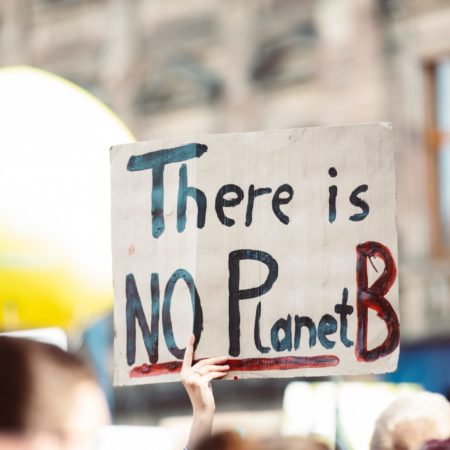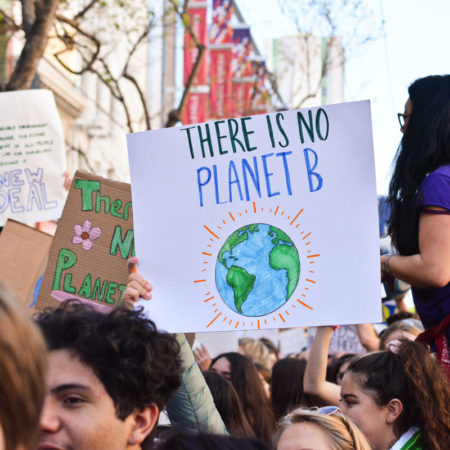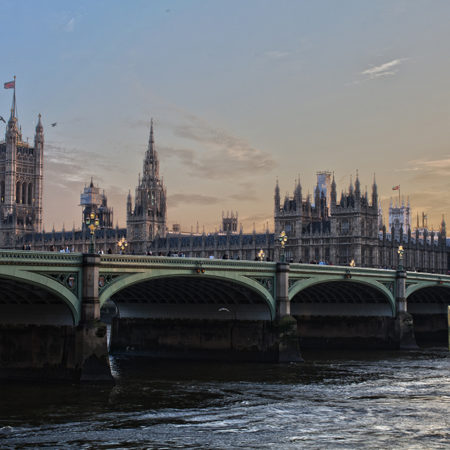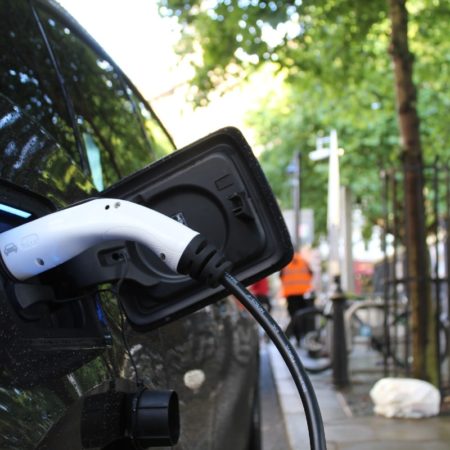Global heating could reach a catastrophic 2.5°C by the end of the century, according to the latest analysis of climate pledges carried out by the United Nations Framework Convention on Climate Change (UNFCCC).
Its newly released 2022 Nationally Determined Contributions Synthesis Report examines the climate commitments of the 193 national parties to the Paris Agreement, which sets out to limit warming to 1.5°C above preindustrial levels.
The report acknowledges that some progress has been made. Last year’s assessment found countries were on a path to increase emissions by 13.7% by 2030 with emissions projected to continue to increase beyond this date. This year’s analysis shows that current commitments will increase emissions by 10.6% by 2030 but will no longer increasing after 2030. However, they are still not demonstrating the rapid downward trend science says is necessary this decade.
This, says the UNFCCC, underlines the fact that efforts to limit global temperature rise to 1.5°C by the end of the century remain insufficient.
“The downward trend in emissions expected by 2030 shows that nations have made some progress this year,” said Simon Stiell, Executive Secretary of UN Climate Change. “But the science is clear and so are our climate goals under the Paris Agreement. We are still nowhere near the scale and pace of emission reductions required to put us on track toward a 1.5°C world. Government decisions and actions must reflect the level of urgency, the gravity of the threats we are facing, and the shortness of the time we have remaining to avoid the devastating consequences of runaway climate change.”
With the UN Climate Change Conference (COP27) just around the corner, Stiell called on governments to revisit their climate plans and make them stronger in order to close the gap between where emissions are heading and where science indicates they should be this decade. He said it was disappointing that since COP26, only 24 new or update climate plans had been submitted.
“COP 27 is the moment where global leaders can regain momentum on climate change, make the necessary pivot from negotiations to implementation and get moving on the massive transformation that must take place throughout all sectors of society to address the climate emergency,” he said.
The UN Climate Change Conference COP27 will take place in Sharm el-Sheikh, Egypt, from 6 to 18 November.
Sameh Shoukry, Egyptian Minister of Foreign Affairs and COP27 President-Designate, said: “The report from UN Climate Change and before that from the IPCC are a timely reminder for all of us. Raising ambition and urgent implementation is indispensable for addressing the climate crisis. This is a sobering moment, and we are in a race against time. Several of those who are expected to do more, are far from doing enough, and the consequences of this is affecting lives and livelihoods across the globe. I am conscious that it is and should be a continuum of action until 2030 then 2050, however, these alarming findings merit a transformative response at COP27.”
COP26 President Alok Sharma said: “It is critical that we do everything within our means to keep 1.5°C in reach, as we promised in the Glasgow Climate Pact. These reports show that although we have made some progress – and every fraction of a degree counts – much more is needed urgently. We need the major emitters to step up and increase ambition ahead of COP27.”























